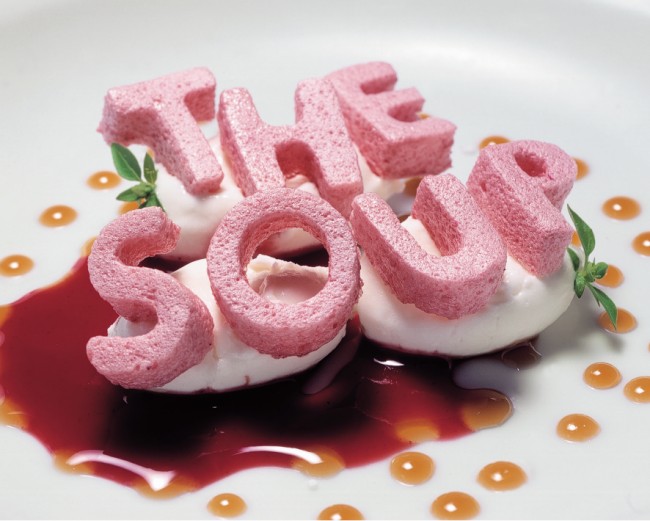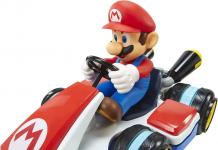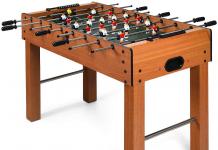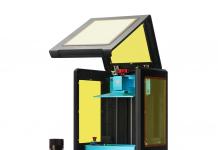The art of preparing food, like all forms of art, has drastically evolved since its inception in all cultures. However, a chef’s creativity has always been held back by one thing: the chemical composition of food. But with the advent of molecular cuisine, these natural restrictions may be purged forever. At last, great chefs like Anthony Bourdain and Wolfgang Puck can join the ranks of mad scientists!
Allow me to clarify what molecular cuisine really is. Foods come in all sorts of shapes, sizes, textures, and consistencies, which, other than the changes they undergo when prepared for a meal, are preserved. But with the art of molecular cuisine, the innate qualities of foods can be changed.
For example, you can have balsamic vinegar assume the shape of tiny spheres that will burst if they’re pierced and spatter them on bread. How about solidifying chicken broth, making pasta ravioli with it, and then stuffing it with pasta instead of meat? Ever thought of having cheese with the texture and consistency of Jell-O? Imagine asking your friends if they’d like some cucumber or strawberry foam on top of their cappuccinos! These are the things world-renowned chefs are capable of nowadays.
These bizarre culinary transformations may seem difficult or out of your league, with the Cuisine R-Evolution starter kit these techniques could be yours! Usually when people hear the words ‘chemical’ or ‘molecular’ they evade the conversation out of fear of having to listen to a science lecture, but this is no chemistry experiment.
The kit includes five friendly chemicals like calcium lactate and sodium alginate and a set of tools like syringes and measuring spoons to use for concocting zany meals. And, best of all, it comes with a DVD that walks you through fifty different recipes that are easy to pick up. All for only $69.99.
If you’re a science geek and enjoy learning how to chemically reform things then check out the Salt and Pepper Chemistry Set! Even though molecular cuisine is cool, traditional styles haven’t exactly been blown out of the water, so learn some normal recipes with the Interactive Digital Cooking Aid.
Thanks to William of Gigapart for the tip 🙂











